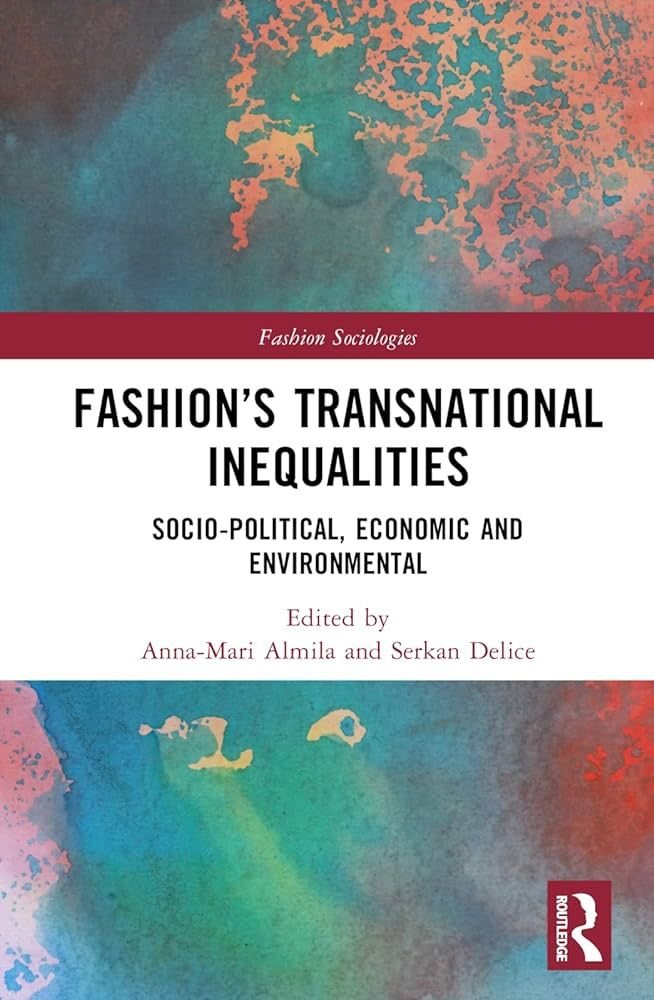A new book published by Routledge explores the evolving relationship between fashion and transnational capitalism with also a focus on Uyghur forced labour.
Fashion’s Transnational Inequalities, Socio-Political, Economic, and Environmental examines the inequalities and injustices that this relationship embodies and engenders within the interconnected domains of production, consumption, labour, and environmental ethics. It also considers national and transnational ways of evading, resisting, and dismantling those inequalities and injustices.
In particular, the chapter Ethno-racial capitalism in fashion: forced labour and the Uyghur crisis by DR Flavia Loscialpo from London College of Fashion highlights the ethno-racial capitalism within contemporary fashion, by dissecting the complex case of the Uyghur minority and China’s north-western Xinjiang Uyghur Autonomous Region (XUAR), which has only recently reached the public attention. With references to institutional reports, human rights platforms, and testimonies, the study problematizes the Uyghur crisis in relation to the global scenario, interpreting the case of XUAR as fashion’s latest ‘sacrifice zone’. In particular, the role of XUAR for in fashion’s global supply chains and the treatment of the Uyghur minority are analysed within the broader theoretical context of ‘racial capitalism’, with the study bringing into conversation Black Marxism and Marxist feminism, in addressing the impact of racism, sexism, and nationalism on the organisation of labour under capitalism. The contribution argues that, alongside unveiling complex power dynamics within the capitalist-nationalist world order, and highlighting the need for new mandatory standards, this complex case allows us to draw crucial considerations on the convergence of social, racial, and environmental justice for a revolutionary politics of sustainability.
For a deeper understanding of the issues discussed in this chapter, we recommend listening to the podcast Made in Slavery.


